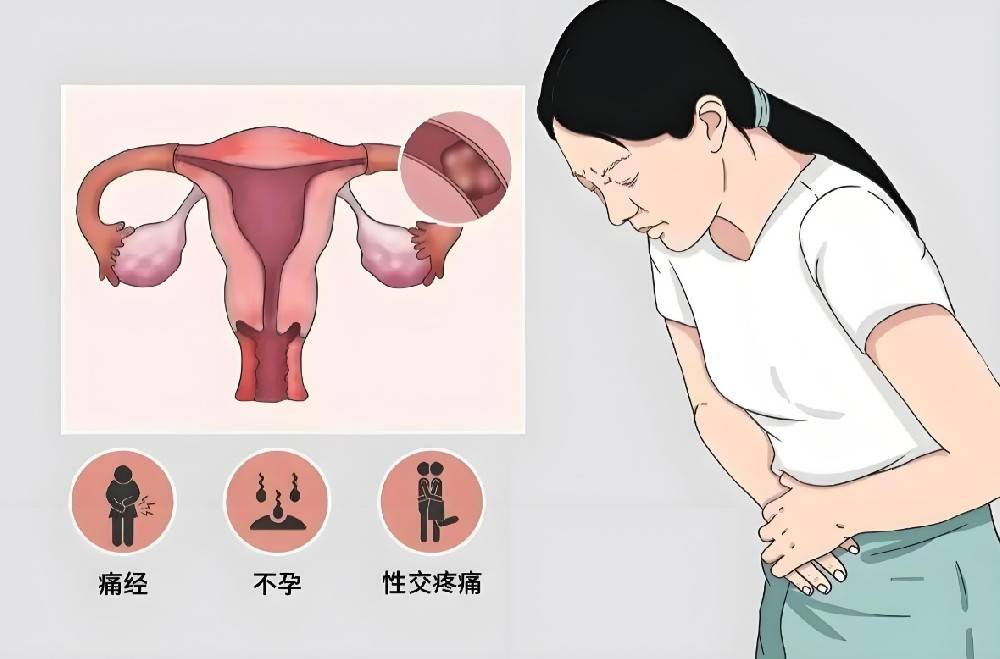The fallopian tube is responsible for transporting eggs and is also the site of fertilization. If the fallopian tube is blocked, the eggs produced in the ovaries cannot be fertilized by sperm, thus preventing successful transport to the uterus for implantation and pregnancy. Fallopian tube blockage is one of the main causes of female infertility, accounting for approximately 25%-35% of all cases. However, most patients are unaware of this issue until they undergo examinations due to prolonged infertility.
Image Source: Internet, delete if infringing
The fallopian tubes are located on either side of the uterus and help move mature eggs from the ovaries to the uterus through peristalsis. If there is an obstruction in the fallopian tube due to certain factors, eggs cannot pass through normally, resulting in fallopian tube blockage. Fallopian tube blockage can occur in one or both tubes and can be further categorized as distal or proximal blockage.
There are many reasons for fallopian tube blockage, with the main causes being pelvic adhesions, endometriosis, pelvic inflammatory disease, a history of pelvic surgery, which could lead to adhesions and subsequently block the tubes due to twisting. Most fallopian tube disorders are caused by infections, while some cases are due to primary reasons in females. Both primary and secondary fallopian tube blockages may present with atypical symptoms, with the most common manifestation being infertility.
Treatment and Management Strategies
The treatment for fallopian tube blockage depends on the cause and severity of the blockage. For mild blockages, doctors may recommend medication such as antibiotics or traditional Chinese medicine to eliminate infection and inflammation. Severe blockages may require surgical treatment, such as tubal recanalization surgery, to restore the patency of the tubes.
For women with fallopian tube blockage who remain unable to conceive naturally after treatment, in vitro fertilization (IVF) can be considered as an alternative option. IVF is a procedure that helps infertile couples achieve pregnancy through assisted reproductive technology.
Image Source: Internet, delete if infringing
Conclusion
Fallopian tube blockage is a significant factor in female infertility, but it does not completely close off the path to natural pregnancy. With appropriate treatment and medical intervention, many women with fallopian tube blockage still have a chance of achieving natural conception. However, for those who remain unable to conceive after treatment, IVF offers a hopeful alternative.
For women facing challenges due to fallopian tube blockage, it is important to actively seek medical assistance and work closely with doctors to find the most suitable treatment plan. Regardless of the chosen treatment method, patience, perseverance, hope, and confidence in the future are essential.


